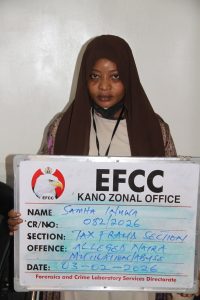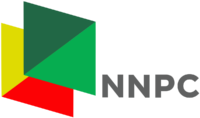BY NKECHI NAECHE-ESEZOBOR—The National Pension Commission (PenCom) and the National Insurance Commission (NAICOM) have directed all insurance companies and their vendors to ensure full compliance with Nigeria’s pension and insurance laws.
The regulatory move is part of efforts to strengthen accountability within the insurance and pension industries, safeguard workers’ benefits, and enforce adherence to statutory provisions governing employer and insurer obligations.
Both regulators disclosed this in a joint statement, emphasized that insurance firms must cease doing business with employers who default on remitting employees’ pension contributions or fail to maintain valid group life insurance policies as required by law.
The directive underscores a renewed commitment by PenCom and NAICOM to tighten enforcement and foster a more transparent and responsible financial services sector.
The circular focus on compliance with the Contributory Pension Scheme (CPS) and the requirement for all employers to maintain Group Life Assurance coverage for their employees.
Under Section 2 of the PRA 2014, every employer in the public and private sectors must participate in the CPS, remit pension deductions no later than seven working days after salary payment, and provide life insurance cover for employees.
However, despite continuous engagements, audits, and sanctions by PenCom, a significant number of employers, including some within the financial services industry, have remained in breach of these legal obligations.
PenCom revealed that it has appointed Recovery Agents to audit defaulting employers, impose administrative sanctions, and pursue judicial recovery of outstanding pension contributions and penalties. Yet, the persistence of non-compliance has continued to threaten the sustainability and credibility of the CPS, prompting this joint enforcement strategy with NAICOM.
By this new circular, going forward, all Licensed Insurance Companies (LICs) must possess valid Pension Clearance Certificates (PCCs) from PenCom and Group Life Assurance Certificatescompliant with NIIRA 2025 before engaging in any operational or investment activity. Every vendor, service provider, and counterparty that seeks to do business with insurance companies must also hold valid PCCs and GLA Certificates as a precondition for any contractual agreement.
The directive further extends to investment transactions, including commercial papers, bond issuances, and bank placements. All counterparties involved must execute a Compliance Attestation, affirming that their own vendors and service providers also maintain valid PCCs and GLA Certificates.
This cascading requirement effectively embeds pension and insurance compliance throughout the investment value chain, ensuring that no entity within the insurance ecosystem operates outside the law.
Insurance firms are also required to integrate these compliance requirements into their internal policies, vendor selection, due diligence, and investment risk assessment frameworks.
Similarly, parent companies, subsidiaries, holding firms, and institutional shareholders of insurance entities must demonstrate full compliance before any business dealings are approved.
Recognising the operational adjustments that the new measures demand, PenCom and NAICOM have granted a six-month transition window from the date of the circular to enable full implementation.
During this period, insurance companies are expected to align their internal processes, communicate compliance expectations to vendors, and update their governance frameworks accordingly.











